

MSc Digital Dentistry
The MSc Specialist Practice of Digital Dentistry technology has become an essential diagnostic and treatment planning aid which extends into prosthesis fabrication. This programme explains how you can best utilise and incorporate these now established technologies into your areas of advanced practice be it restorative, implant or orthodontic to deliver consistency of quality so improving patient experience.
Course Outline
C: Core / O: Optional

This module is designed to develop evidence-based knowledge with regard to patient selection as well to instill the practical skills required to recognise and provide advanced level treatment modalities and risk assessment. The aim of this module is also to highlight potential complications in oral surgery and for students to be able to develop risk assessment strategies to avoid and minimise complications.
Realistically it is not possible to prevent all complications so management strategies are essential. As a natural progression from these issues the module will explore the ethical issues of informed consent and management of patient expectations. The module develops communication skills, organisation and planning, problem solving, treatment planning, risk assessment, ethical responsibility, and consent.
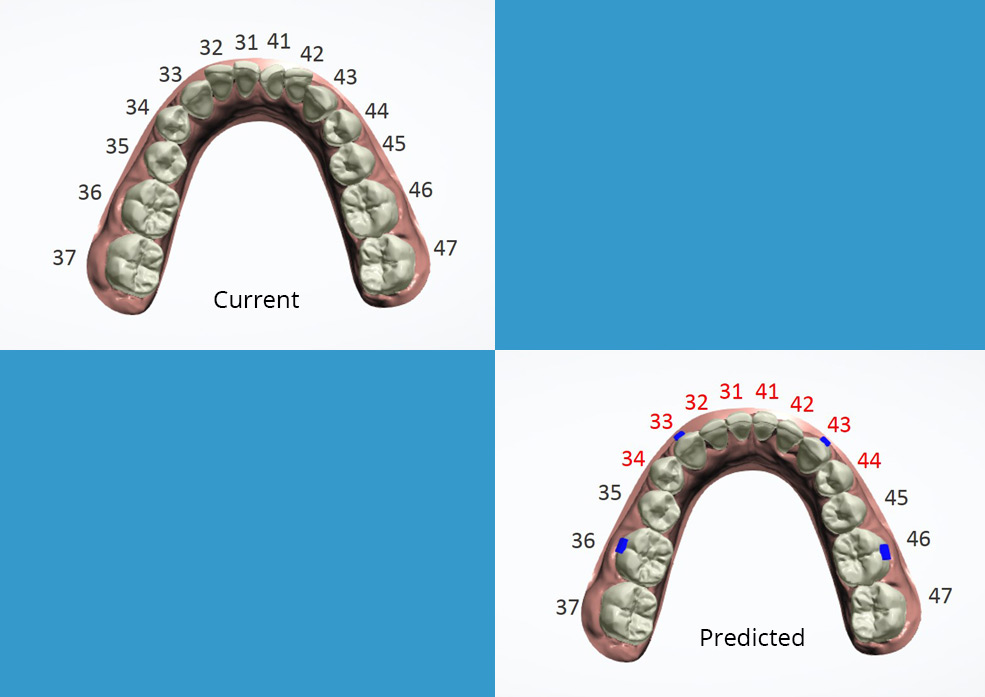
This technical module is designed to deliver practical training in the selection and application of dental digital technology to the practice of dentistry and includes classroom and laboratory work. Students will attend formal lectures incorporating discussion and interactive group learning activities and problem-based learning. Individual software learning will be delivered through online tutorials and exercises designed to develop competency and familiarity with the various applications. Laboratory sessions at the school's digital laboratory will introduce students to the hardware and various manufacturing processes used to fabricate components and appliances.
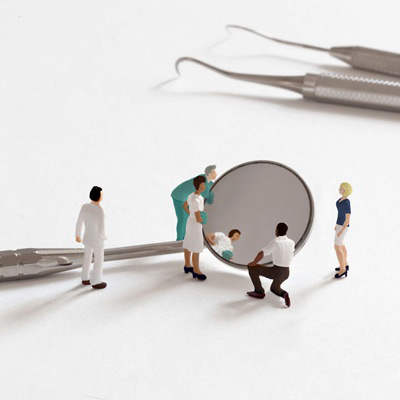
This module encourages you to critically reflect on your professional clinical and managerial practice in a specific field in order to explore questions which are fundamental to your professional development and eventual dissertation topic. The module requires you to evaluate your own knowledge base and to recognise and clarify the important connections between what you already know and what you intend to learn. It encourages information literacy, using contemporary and seminal sources in order to compile a critical evaluation of specialist practice to allow you to develop strategies to enhance your professional development.
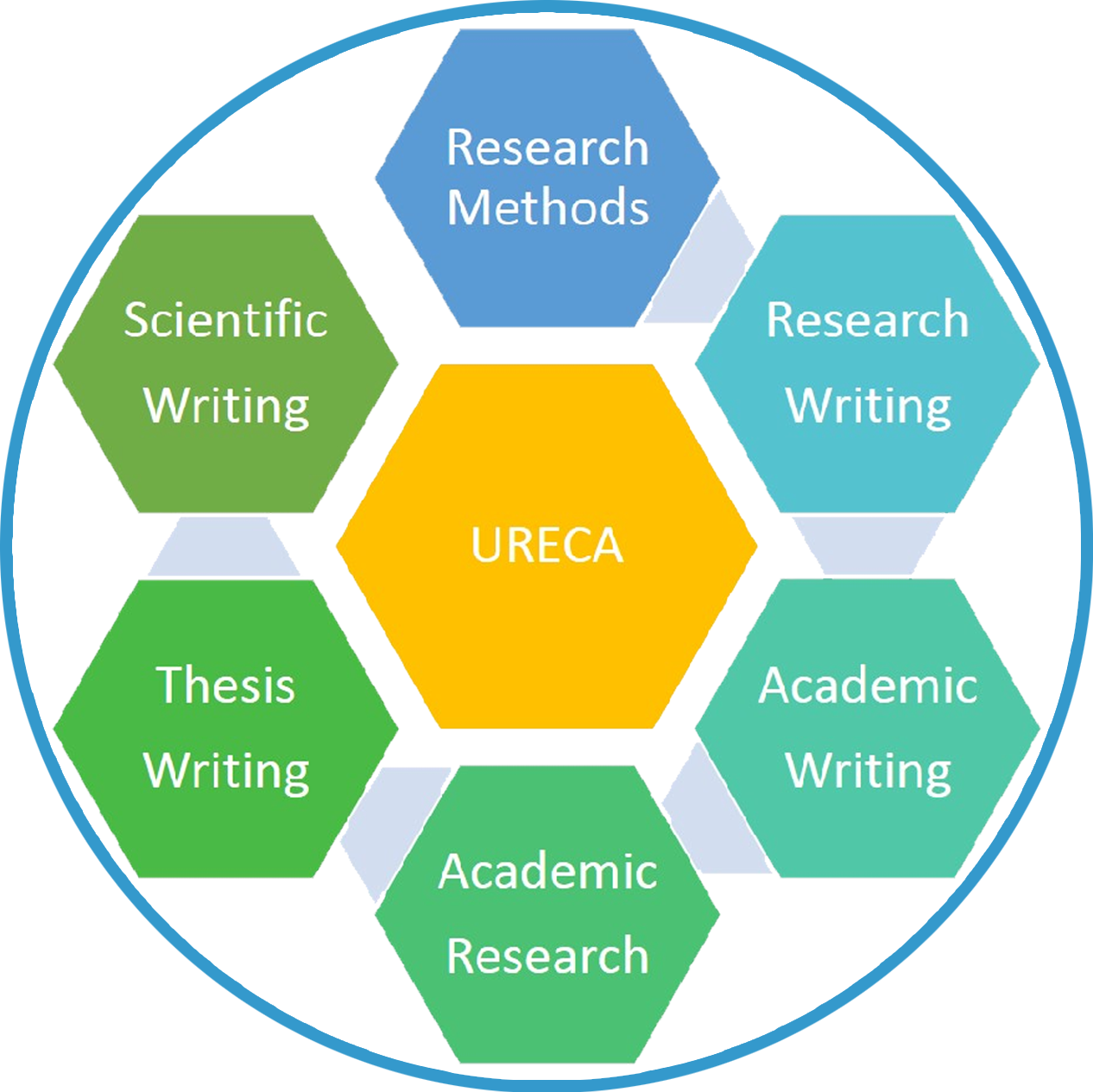
The aim of this module is to help you to develop research skills in order to identify your dissertation topic, make a detailed proposal, and plan your research. It will develop the academic skills necessary for your study at Masters level. This comprehensive module covers clinical statistics, evidence-based practice, critical appraisal, measurement and research design, and explores their specific application in medical research and treatment. You will learn how to formulate realistic research objectives and an appropriate conceptual/analytical framework for your research. You will also learn how to identify, collate and critically review relevant evidence from the literature, and how to make informed decisions about which research philosophies, strategies and methods are applicable to your research.
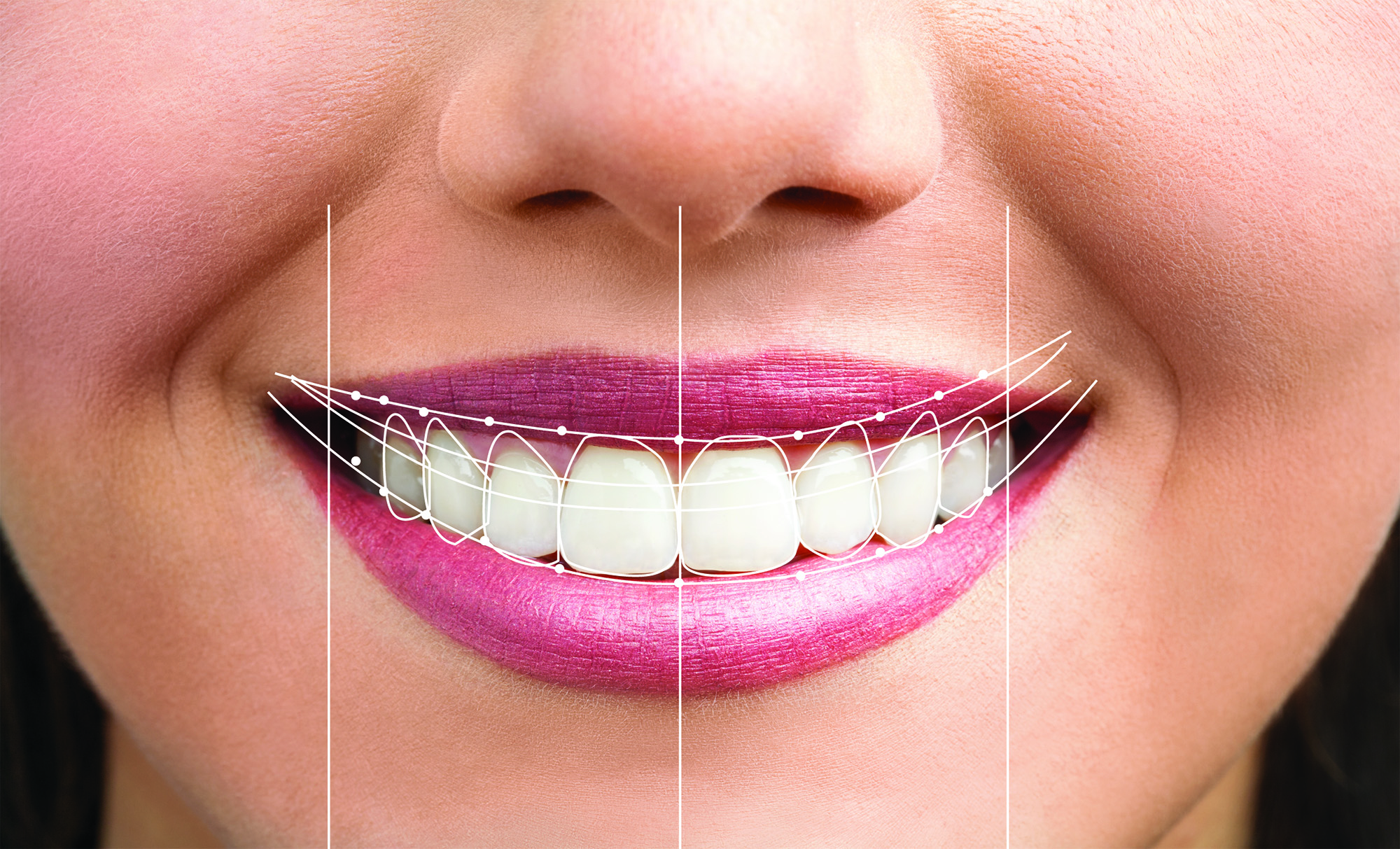
The module aims to provide an introduction to the concept of digital smile design and the aesthetic management of dentition through understanding the application of three-dimensional imaging systems and supporting software. Through this module, you will learn various restorative protocols used in aesthetic makeovers with both their advantages and their limitations. Patient case studies will be critically analysed and treatment planned using the technologies taught within the module.
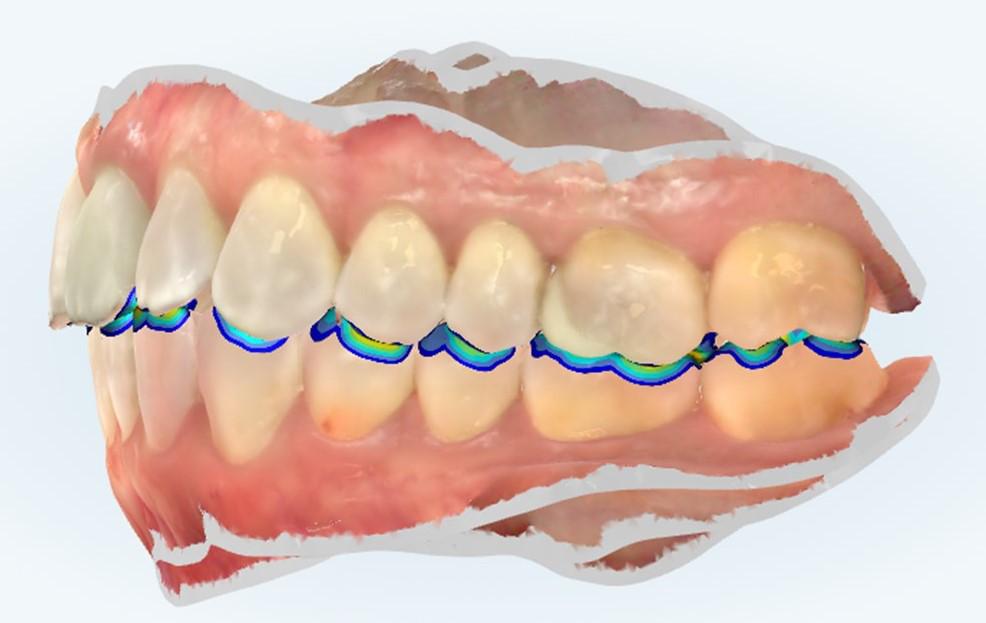
Patient aesthetic awareness coupled with the development of new orthodontic techniques, Implant, and restorative rehabilitation have increased the number of adults seeking advanced dental treatment. This has increased the likelihood of dentists having to diagnose and treat the occlusion as part of a larger treatment plan. This multidisciplinary module considers the anatomy, aetiology, and management of occlusion from an orthodontic and restorative perspective. The aim of this module is to enable the dentist to effectively diagnose and formulate a treatment plan so that the patient can be treated with a comprehensive multidisciplinary approach.

This taught module provides an opportunity to undertake an extended and substantial piece of research. It allows you to synthesise the academic knowledge acquired from prior postgraduate and experiential learning to produce an evaluative and critical discussion of a specialist dental topic directly related to your programme of study. It aims to help you develop your abilities in identifying a problem, establishing its significance, formulating a hypothesis/proposition, designing a means of testing the hypothesis, and evaluating the results.
Apply for this Course
Apply NowRequest a Virtual Meeting
In relation to our course in 'MSc Digital Dentistry' to discuss your learning requirements and our flexible fees.
Request NowAdmission Criteria
Normally, at least two years of demonstrable postgraduate clinical experience in clinical practice. For the MSc in Clinical Aesthetic Non-Surgical Interventions, entry will also be open to doctors, NMC registered nurses (prescribing), and prescribing pharmacists. Current registration with the UK General Dental Council (GDC), General Medical Council (GMC), Nursing & Midwifery Council (NMC), General Pharmaceutical Council (GPhC) or equivalents in another country. Evidence of appropriate professional liability insurance or medico-legal indemnity insurance, as may be required for the designated clinical setting, at an appropriate level.



